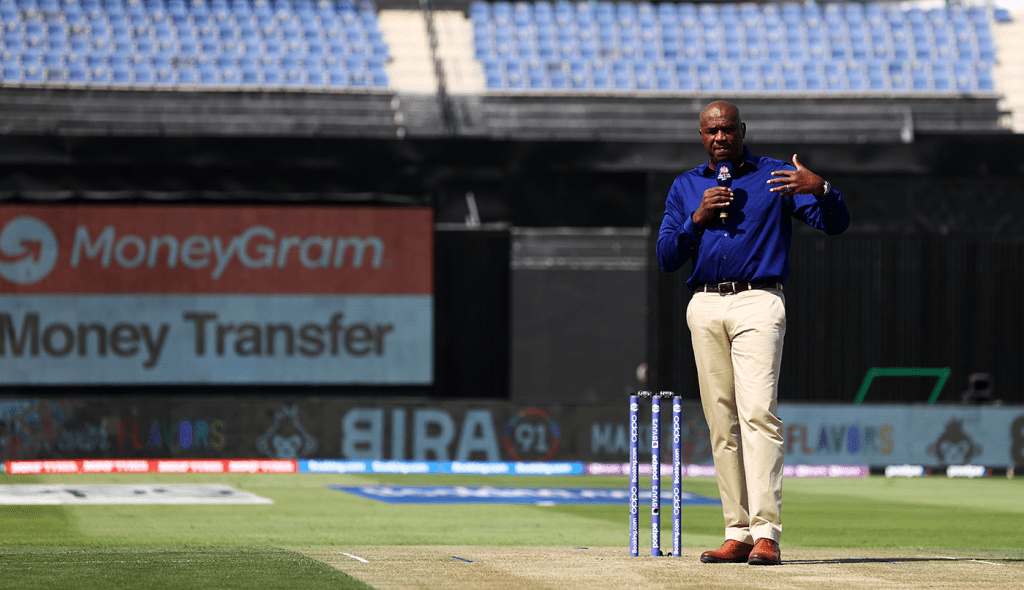After a nine-year career as a fast bowler in international cricket, Ian Bishop transitioned into broadcasting. In this dialogue with a fellow commentator, Bishop discusses his game preparation, the significance of discipline in commentary, and his potential plans to open a school for aspiring commentators.
Reflection on Broadcasting Career
Industry veterans often commend your work, saying “Bish is the gold standard.” How do you feel about your current standing in broadcasting?
I’ve reflected on this a lot recently and feel fortunate to be here. This position wasn’t something I aimed for; it found me. I appreciate the longevity of my career and work to improve daily alongside colleagues like you.
Personality and Introversion
You’ve described yourself as shy and introverted, which contrasts with the high-profile nature of commentary. How do you handle this?
That’s spot on. By nature, I prefer solitude, especially outside of work. The pandemic highlighted that isolation didn’t trouble me at all. For me, commentary is about speaking to one person or a camera, not thinking about the audience on the other side, although being in a crowd can be anxiety-inducing.
Journey into Broadcasting
You never intended to become a broadcaster. What brought you back to the sport?
Honestly, social situations can be daunting for me, especially with unfamiliar faces. Post-retirement, I wanted a break from cricket but ended up getting a broadcasting opportunity through a connection. After recording a demo, my journey began unexpectedly.
Commentary Style and Evolution
How do you adapt your broadcasting style in today’s evolving landscape?
There isn’t a singular “right way.” Finding my own voice was a journey filled with feedback and criticism. I learned the importance of enriching the viewer’s experience rather than simply describing what they can visually see. This understanding evolved over years of practice and mentorship from seasoned commentators like Tony Cozier and Michael Holding.
Authenticity and Discipline
How do you stay true to your commentary principles?
Especially during events like the IPL, the pacing differs from Test cricket. I’ve learned not to rush for the mic if I’m not leading and that discipline is key. I also believe in elevating the entire commentary team, ensuring every voice feels valued.
Research and Preparation
You’re known for your in-depth preparation. What’s your approach?
Preparation is crucial for me. If my attire isn’t sharp, it affects my performance. I delve into extensive research on players and stories that resonate with fans, as personal narratives are vital in making the game relatable and engaging.



